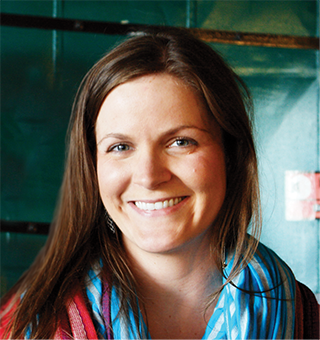So you’ve saved up enough money for a down payment to buy the home of your dreams. That’s a huge accomplishment! But before you break out the bubbly and go to town purchasing new furniture, fixtures and paint, you’ll want to make sure you’ve saved enough money to cover the often-overlooked closing costs associated with taking out a mortgage loan to purchase a home.
Knowing what closing costs you will be expected to pay and building them into your home purchase budget will save you a headache in the future. After all, you don’t want any unpleasant surprises when it’s finally time to close on your new home.
